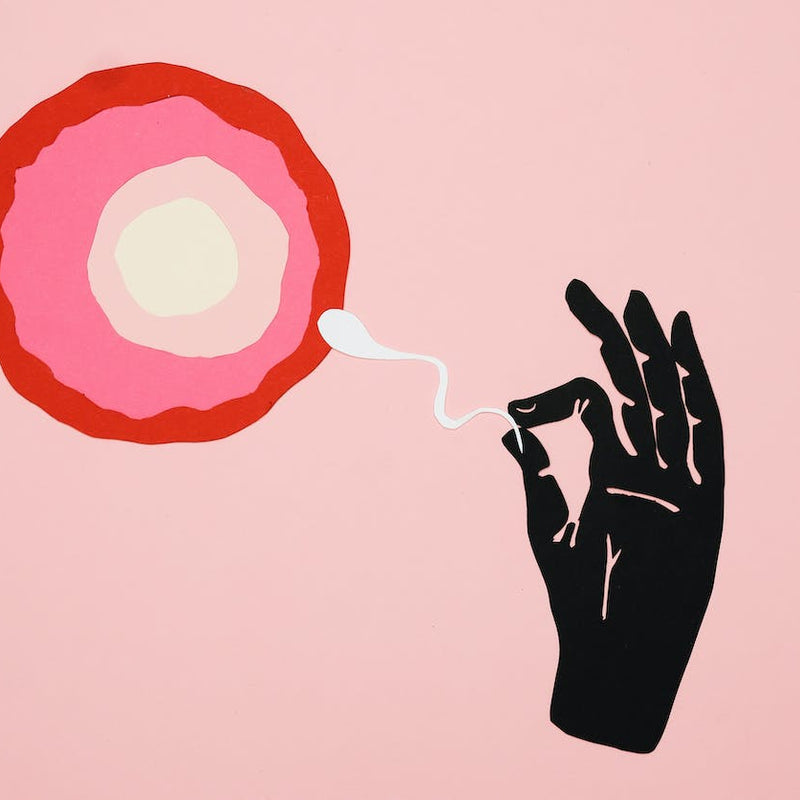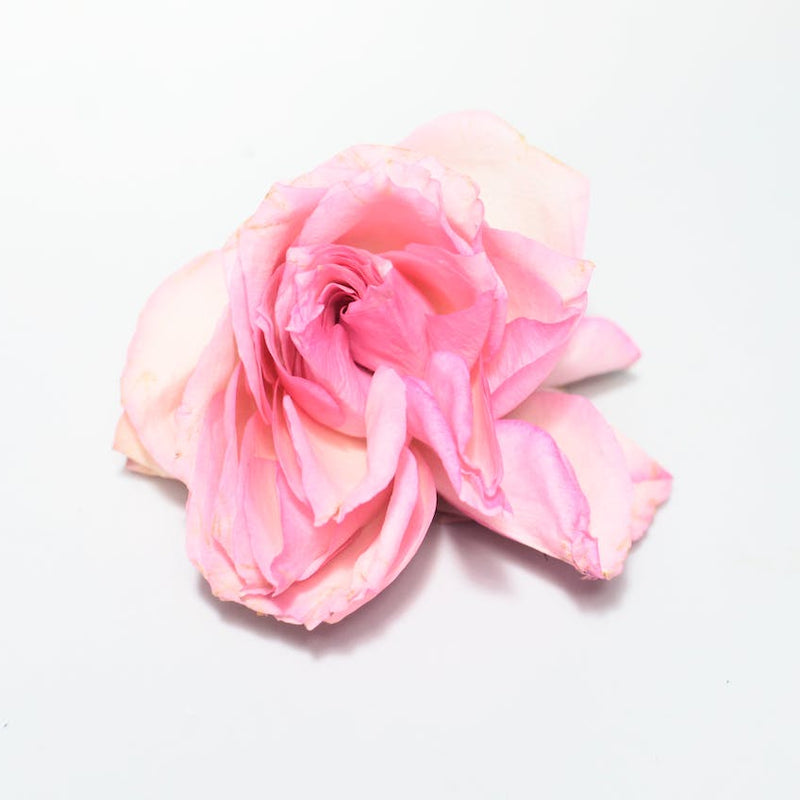What Should the pH of Fertility-Friendly Lube Be?

Considering trying a fertility lubricant, but confused by the information about pH levels? Dust off your old high school chemistry book; let’s do a refresh on what pH is in the first place!
By fertility expert and OBGYN Dr. Kenosha Gleaton
Dust off your old high school chemistry book; let’s do a refresh on what pH is in the first place. pH is a scale, from zero to 14, used to specify the acidity or alkalinity of a water-based environment. A lower number is more acidic (think: orange juice, which has a pH of around 3.5). Substances with a high pH, like bleach, which has a pH of 13, are alkaline. In the middle, there is pure water, which has a pH of seven and is considered “neutral” because it has neither acidic nor basic qualities. A pH greater than seven is considered “basic.”
A healthy vagina is somewhat acidic
A healthy vagina is moist and somewhat acidic, with a pH between 3.8 and 4.5. But the pH of semen ranges from 5.2 to 8.2. Does it matter that they are different? Nope! The body is amazing. When sperm (which are slightly alkaline) enter the vagina, it raises the vagina’s pH, temporarily neutralizing vaginal acidity. This makes the vagina and cervix more hospitable to sperm, allowing sperm a better shot at meeting the egg. This also happens naturally when ovulation is approaching, as luteinizing hormone (LH) changes the pH of vaginal fluid and cervical mucus closer to 7. This change in pH creates an optimal environment for conception.
Why a basic vagina is bad
The vaginas natural range from an acidic to neutral pH is a good thing. The vaginal microbiome has “good” bacteria called Lactobacilli, which help protect women against sexually transmitted diseases and other infections.
A basic or alkaline vagina, one with pH above seven, can be problematic. Lubricants, douching, and other products with a higher pH may increase risk of bacterial vaginosis (BV). Serious adverse health outcomes have been associated with BV, including increased risk of infertility, adverse pregnancy outcomes, preterm birth, and miscarriage.
The Lube by Natalist is formulated for fertility and vaginal health
Our fertility friendly lubricant, The Lube, is water-based and pH-balanced. It uses a buffering action to adapt pH during intercourse to maintain a healthy vaginal pH (thereby reducing chances of infections) while being sperm friendly. It acquires the pH of the environment, meaning it matches the elevated pH of semen and cervical mucus with a pH of around 7. Its gentle buffering capacity also means it does not raise vaginal pH to unhealthy levels.
Osmolality is also important
Osmolality is a test that measures the concentration of all chemical particles found in a fluid. The osmolality of healthy vaginal fluid is around 370 mOsm/kg in women. The body is constantly trying to maintain equilibrium of osmolality, so if a lubricant has high osmolality, the body will react by releasing moisture in an attempt to reach homeostasis with the lubricant. Using lubricants with high osmolality may cause vaginal and anal epithelial damage and increase the risk of infection.
Because of this, the World Health Organization (WHO) suggests only using lubricants with an osmolality below 1,200 mOsm/kg. The Lube is made with this in mind and comes in under 400 mOsm/kg.
Take-aways:
- A healthy vagina is moist and somewhat acidic with a pH between 3.8 and 4.5 on a typical day, and raising to around 7 when ovulating or exposed to sperm.
- Vaginal pH above 7 can put you at higher risk for infection.
- The WHO recommends using water-based lubricants with an osmolality below 1,200 mOsm/kg and a pH no higher than 7.
- The Lube follows these guidelines and is FDA cleared to be sperm friendly.
Reach Out, We're Here
Have questions about your order or products? For the speediest answer, check out our FAQ section. Need something else? Come find us below.
Please keep in mind our regular business hours; Monday-Friday, 9am-5pm CT.
Customer Support
support@natalist.com
Press Inquiries
media@everlyhealth.com
Business & Partnerships
team@natalist.com
Affiliates + Influencers
team@natalist.com
Job Openings
Careers Page
























